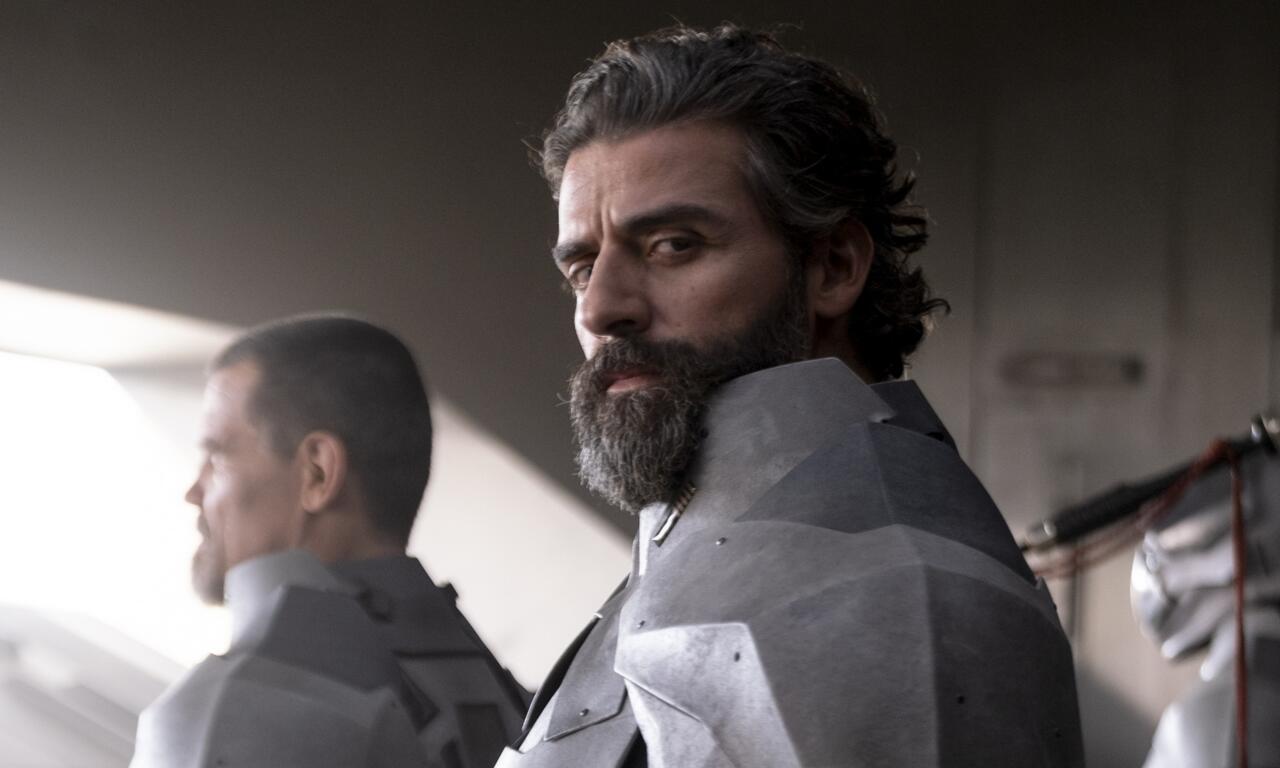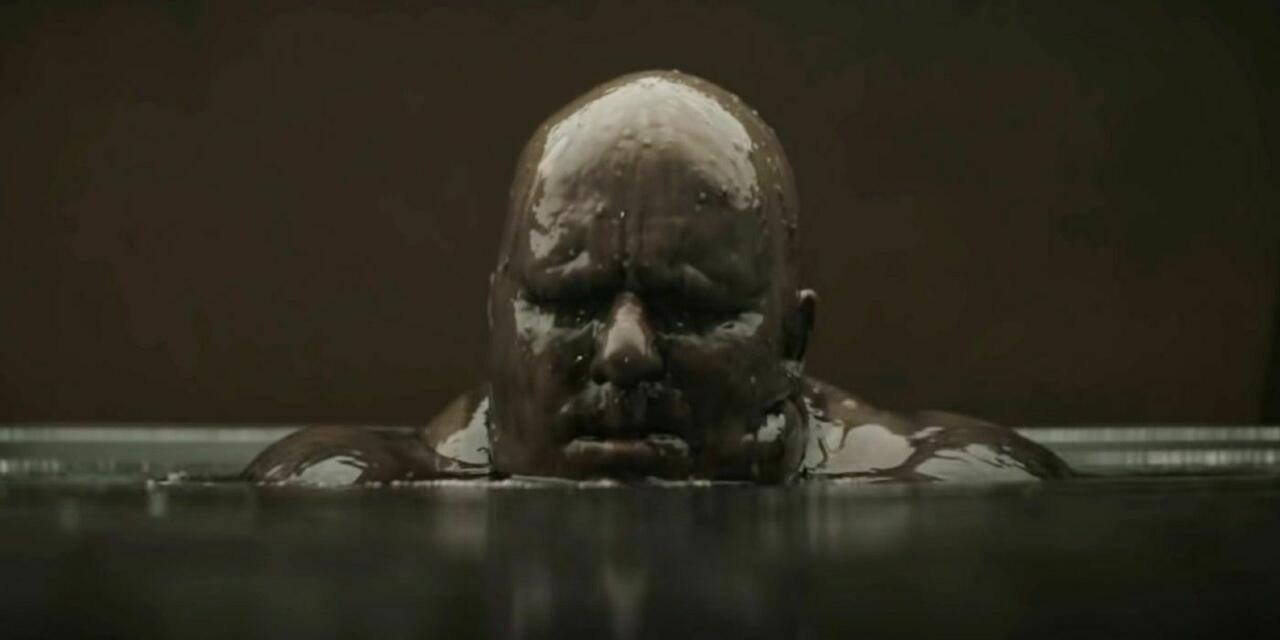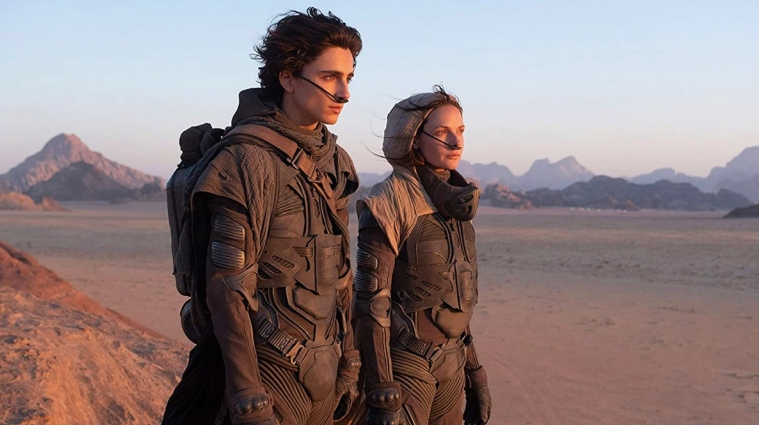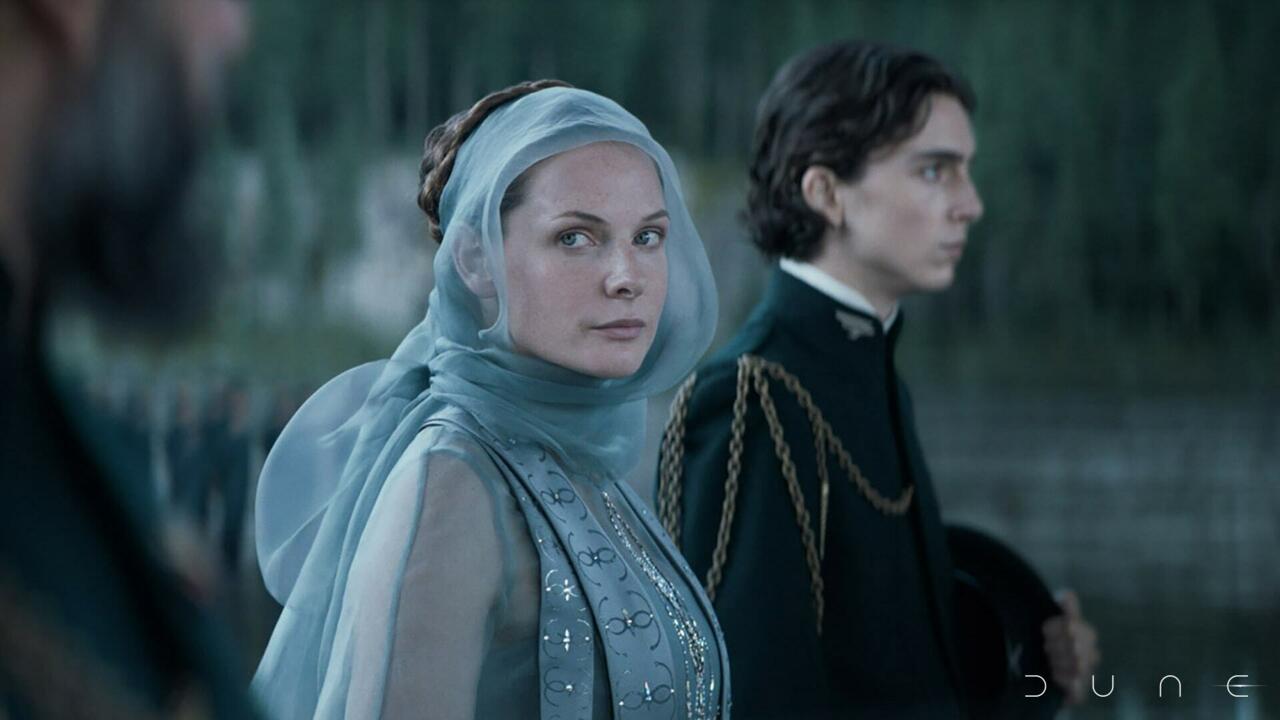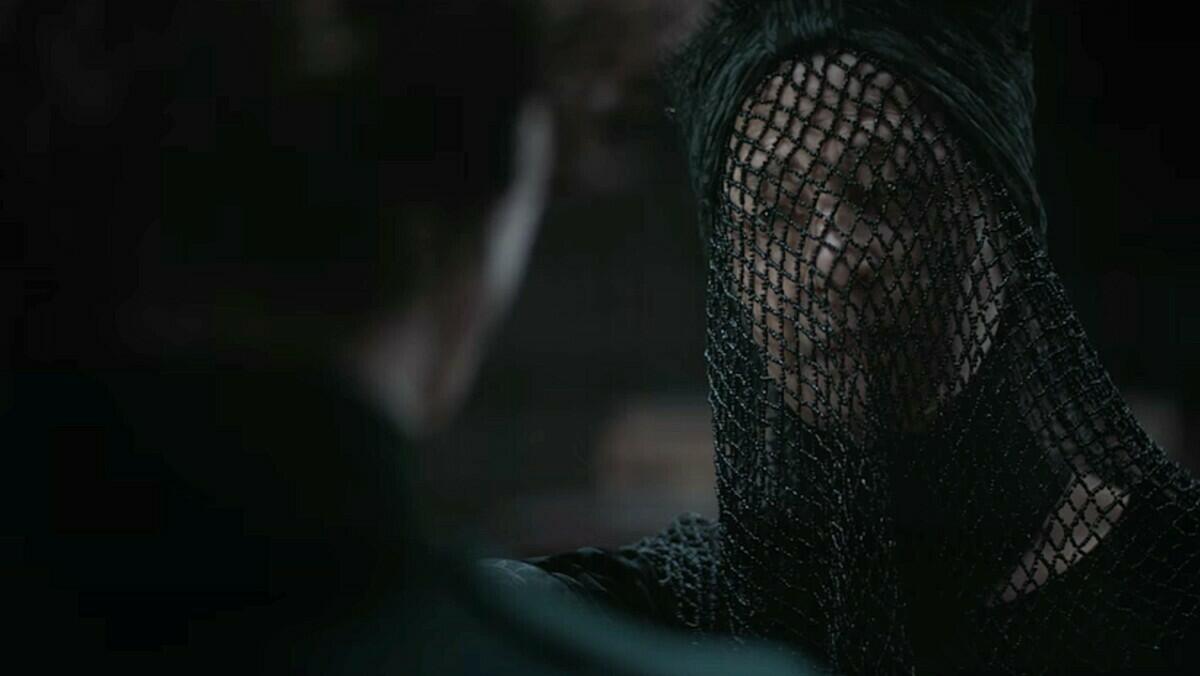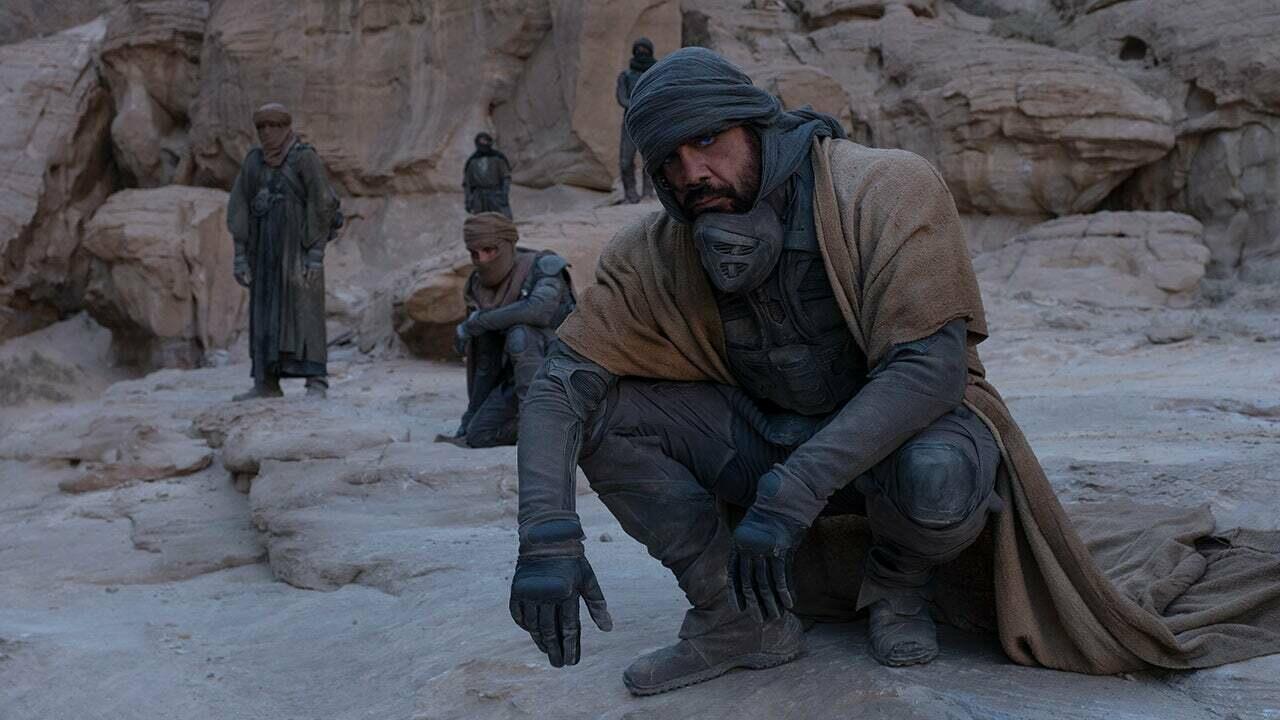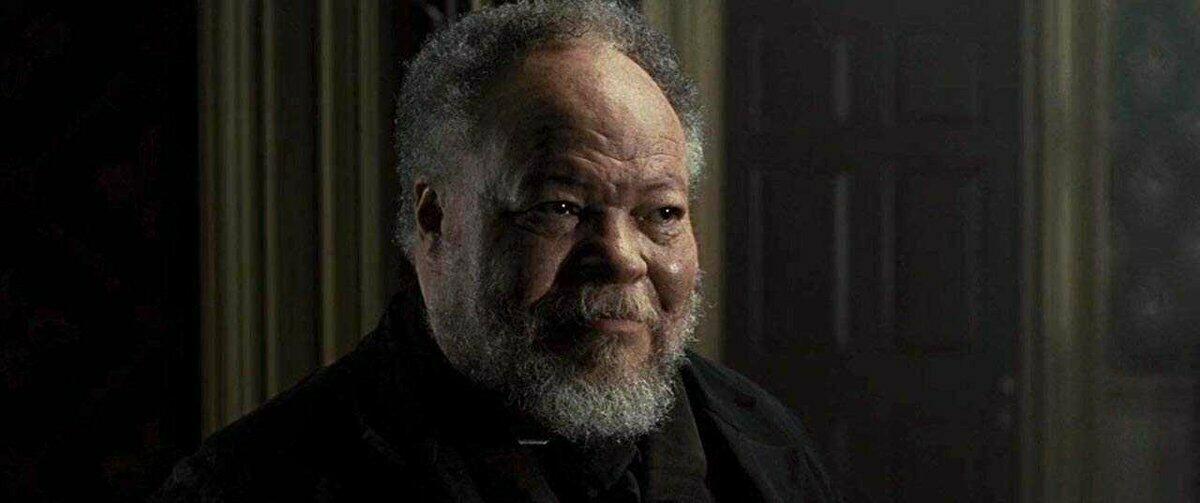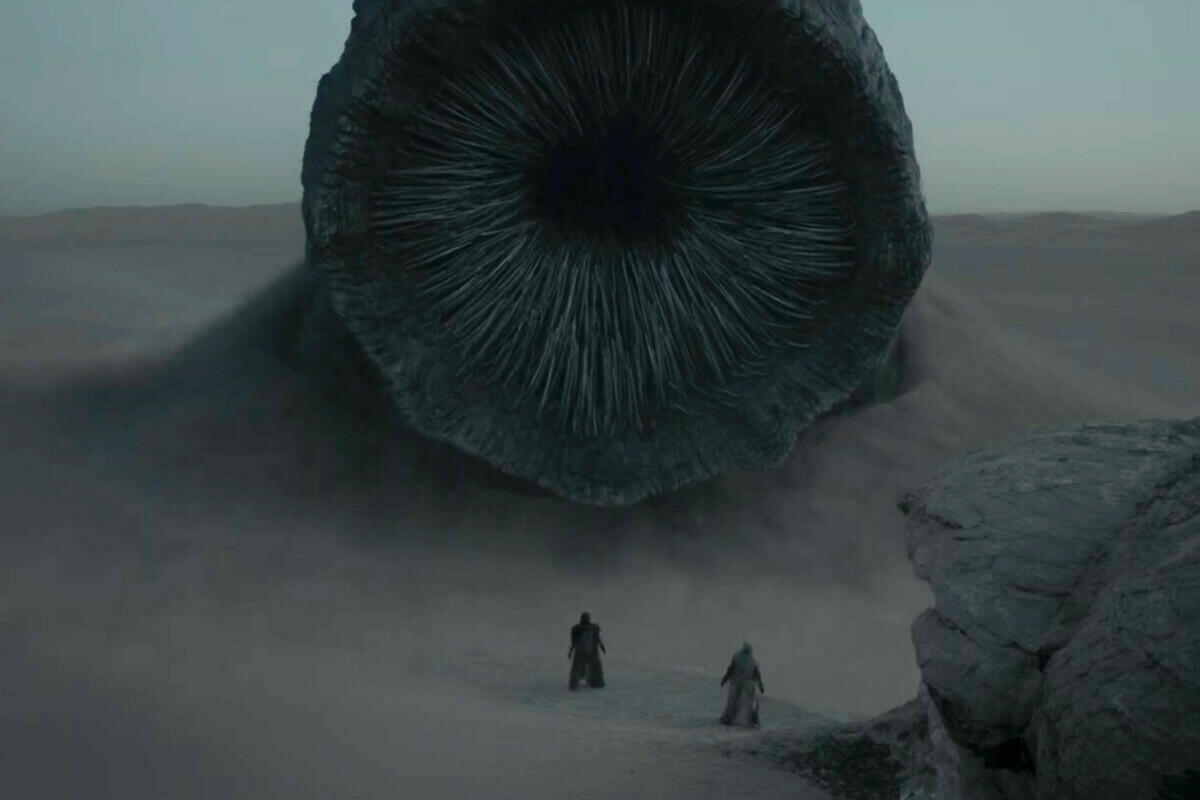Everything You Need To Know About Dune Before Its HBO Max Premiere
GameSpot may receive revenue from affiliate and advertising partnerships for sharing this content and from purchases through links.
Dune has a reputation as one of the most dense and confusing works in popular sci-fi, but we promise it isn't so bad.
Frank Herbert's Dune is one of the most infamous works in sci-fi literature for any number of reasons. The book itself is a brick, clocking in at around 800+ pages depending on your edition. It was published in 1965 and largely occupies the same pop culture niche as something like Lord of the Rings, and it came over a decade before the first Star Wars movie hit theaters. It's seen multiple failed attempts at live-action adaptations over the years, including a cult classic David Lynch movie that only furthered the story's reputation as completely inscrutable.
But the truth is, the world and the story of Dune really isn't that complex, especially if you're already well versed in other sci-fi and fantasy tropes (and we're betting that you are if you're here reading with us--if you read or watched Game of Thrones, regardless of how you felt about the ending, you're already well on your way to understanding things here.) Yes, there's a lot going on, a ton of characters, and a lot of proper nouns to wade through if you're reading the novel so it's not a quick process by any means, but, despite what so many people would have you believe, it's really not so bad.
Now that a new Dune movie is headed to theaters and HBO Max this week, it's as good a time as any to start wading into the world and the lore.
Duke Leto Atreides
Played by Oscar Isaac in the new film, Duke Leto is the leader of House Atreides who, for all intents and purposes are the de facto Good Guys in the story. Duke Leto has all the hallmarks of a benevolent fantasy despot--he's kind, compassionate, loyal to his family and his subjects, and deeply honorable, almost to a fault.
Baron Vladimir Harkonnen
Played by Stellan Skarsgard, everything about Baron Harkonnen is in diametric opposition to Duke Leto. He's greedy, cruel, power mad, lazy--you name a negative quality, Baron Harkonnen probably has it. The Baron's motivations and lifestyle are complicated and rooted in old grudges and addictions but for the intent and purpose of the new movie (and this primer) all you need to know is that he's a very bad guy.
The Atreides/Harkonnen Feud
To continue with the Game of Thrones analogy, it might help to think of House Atreides as the Starks and House Harkonnen as the Greyjoys. The origins of the feud between them has a very similar sensibility, at the very least. If that comparison goes over your head, don't worry, thankfully, you don't need to know most of the nitty gritty details and just know that they hate each other.
At its heart, Dune is about a system of space feudalism locked in a cold war. Most prominently, there is an empire, served by different royal houses. The empire is opposed by several other entities--religious orders, trade collectives--all of which form a tenuous system of checks and balances against one another to ensure that no one power is able to tip the scales and threaten the galaxy with nuclear war. So with flat out mutually assured destruction basically off the table, the lesser houses and entities within the organizations and orders are left vying for power against one another. This is basically how the Atreides/Harkonnen feud functions--they're two powerful houses who desperately want to get one over on the other for their own personal gain. For House Atreides, that gain is altruistic, for House Harkonnen, it's deeply selfish. There's not a ton of nuance between them in the early parts of the franchise.
Planet Arrakis
The titular Dune, Arrakis is the setting of the story and the battleground for the biggest and most important battle between Atreides and Harkonnen. For years, Arrakis--the galaxy's only source of an incredibly important resource called "spice"--had been under the control of House Harkonnen. At the start of the story, the Empire has decided to remove House Harkonnen from power and install House Atreides instead. House Harkonnen is, unsurprisingly, not thrilled by this arrangement--but thanks to their position within the empire, and the aforementioned system of checks and balances in place, they can't directly oppose the choice and instead are forced to use schemes and subterfuge to try and take House Atreides down, which would, ideally, put them back in control of Arrakis.
Paul Atreides
Timothee Chalamet plays Paul, the son of Duke Leto and heir to House Atreides. Paul is a very typical fantasy chosen one in the early installments of the story (this changes and evolves over time, but again, not something you'll need to worry about for this movie) who has been preparing for his move to Arrakis alongside his family with all sorts of combat and survival training. He's also been having mysterious dreams about a girl he's never met.
Lady Jessica
Paul's mother is played by Rebecca Ferguson. The important things to know about her are that she's not, technically, Duke Leto's wife, but his "concubine" and also what's known as a Bene Gesserit. These two things are related to one another. Her "concubine" status is a political decision--marriage within the royal houses is a complicated affair and would actually put her and Leto in much worse positions socially and politically. They're committed and loving to one another and in raising Paul, however. The Bene Gesserit part is a little bit trickier.
Bene Gesserit
One of the religious orders in the system of checks and balances is the Bene Gesserit, a matriarchal order that is something like a sci-fi fantasy cross between a Shaolin monastery, the Catholic church, and a political organization. Their members are trained from birth in the art of combat and spycraft, and put through extreme physical and mental conditioning that give them abilities that can even seem magical to outsiders. It's not uncommon for Bene Gesserit sisters to be installed within different royal houses--ostensibly in service to the house leaders as concubines, advisors, nurses, and so on, but more realistically, to ensure that the Bene Gesserit leadership has eyes and ears in every corner of the empire.
As the son of a Bene Gesserit, Paul was given special training despite being a man.
Duncan Idaho and Gurney Halleck
Played by Jason Momoa and Josh Brolin respectively, Duncan and Gurney are two members of House Atreides who work as weapons master and swordmaster. Unsurprisingly their roles overlap a bit--they're both extremely tactical, well trained fighters who have done their best to pass along their knowledge and train Paul for every possible eventuality. Think of them as Paul's fun uncles.
The Fremen
The native people of Arrakis, the Fremen are highly adapted to Arrakis's harsh desert climates. Their customs are barely understood by outsiders and, under Harkonnen rule, they were largely treated like second class citizens or worse. As such, they've developed a healthy distrust of outsiders and imperial forces, making them slow to welcome House Atreides as well.
Notable Fremen in the first Dune novel are Chani (Zendaya) and Stilgar (Javier Bardem). Dr. Liet-Kynes (Sharon Duncan-Brewster) is not Fremen-born, but was made an official liaison of sorts to the Fremen by the Empire as an ecologist for Arrakis and as a result became deeply embedded in Fremen culture.
Thufir Hawat and Piter De Vries
Played by Stephen McKinley Henderson and David Dastmalchian, Thufir and Piter are "Mentats," which is sort of like a human computer. Similar to the Bene Gesserit, Mentats are a highly trained, specialized order of people who are positioned within imperial houses to function as advisors. Within the world of Dune, all forms of AI and what we would consider traditional computers have been outlawed, leaving humans to make up the difference with their brains. Thufir is the Mentat of House Atreides, while Piter is the Mentat of House Harkonnen.
The Worms and The Spice
Even if you know absolutely nothing about Dune, chances are you've seen a sandworm and heard the phrase "the spice must flow" at least once, maybe in meme form with a blown-out jpeg featuring badly photoshopped blue eyes. And, honestly, if you're coming into this cold, you don't need to worry too much about it.
Spice is a resource that has a ton of applications in the Dune universe, but in this first story it's functionally a MacGuffin. It powers space travel, prolongs life, seasons food, even gives superhuman abilities if consumed in great enough quantities. But it can only be harvested on Arrakis, and only at monumental cost and danger--because of the worms. The surface of Arrakis is almost entirely desert, patrolled by massive, hulking sandworms that can swallow the machines used to mine Spice whole. The Fremen revear the worms as god-like for obvious reasons and no one really knows much about them or their life cycles, making them as mysterious as they are dangerous.
The TL;DR?
To recap in the simplest, easiest way possible: Dune is the story of sci-fi fantasy future where the whole universe is locked in a sort of cold war conflict (remember it came out in the '60s). To prevent mutually assured nuclear destruction, a complex system of political alliances between the empire and various religious and trade organizations exists, preventing any one power from making a direct move to skew the balance more into their favor. The first novel zooms in on one conflict between two imperial houses as they work to destroy each other (without destroying society as a whole) and control the universe's most valuable resource: Spice. The rest--the big scary proper nouns, the complicated fantasy terminology, are all garnish on these basics meant to fill in the gaps and answer some bigger world building questions that you don't need to worry about right off the bat.
Dune hits theaters and HBO Max on October 21.

